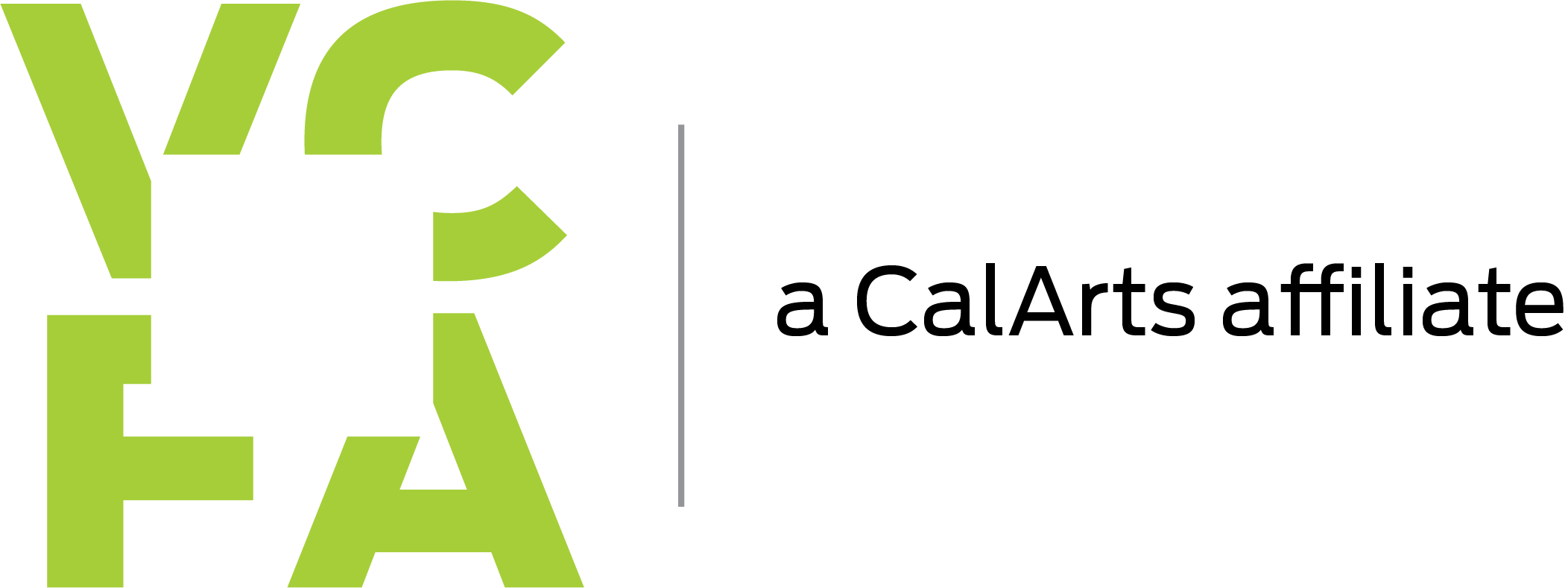Shanta Lee Gander, 2021 MFA in Writing
Shanta participated in an e-interview with us in November of 2020. Below are edited excerpts from our conversations about coming to writing, her Vermont Arts Council Award, and her many manuscripts.
ON HER JOURNEY TO WRITING
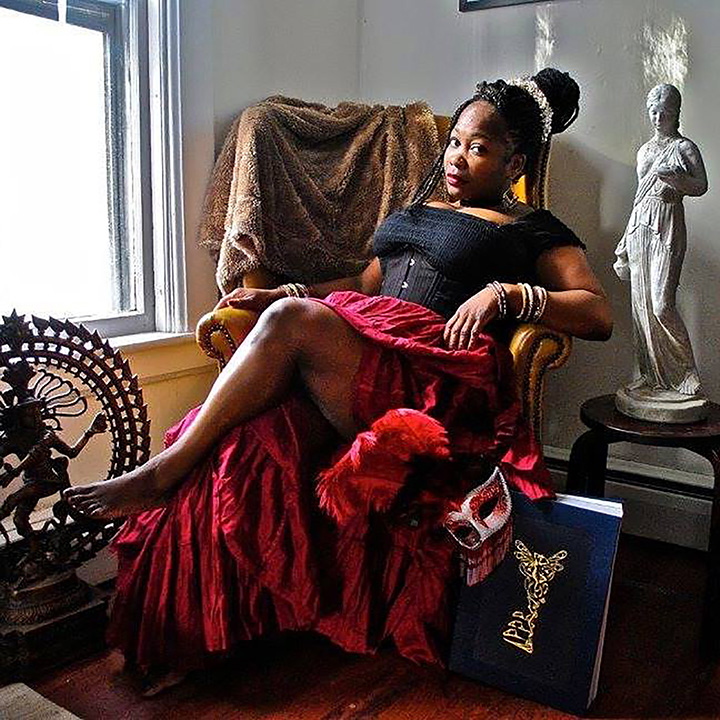 I’ve shared this story many times about my odd way of coming to writing. One of my myriad of punishments as a little girl included having to write a repeat sentence about the offense I would not commit again. It is similar to the opening scene of Bart in The Simpsons, but instead of a chalkboard, it was a pencil and lined paper. By sixth grade, I had a teacher, Mr. Martin, who was a doppelganger to an overstuffed teddy bear. Saying the words “Shut up” was enough to be assigned the task of copying page 700 out of the dictionary and page 701 if one really misbehaved.
I’ve shared this story many times about my odd way of coming to writing. One of my myriad of punishments as a little girl included having to write a repeat sentence about the offense I would not commit again. It is similar to the opening scene of Bart in The Simpsons, but instead of a chalkboard, it was a pencil and lined paper. By sixth grade, I had a teacher, Mr. Martin, who was a doppelganger to an overstuffed teddy bear. Saying the words “Shut up” was enough to be assigned the task of copying page 700 out of the dictionary and page 701 if one really misbehaved.
Instead of these things leaving a scar, these experiences showed me something: there were other avenues for using my voice especially when speaking out loud may not be welcome. Literature was like that for me as well. As the cliché goes, books are/were bridges into other worlds. As I became an adult, writing took on all sorts of lives. Before poetry, I was the private prose I would pen in my notebooks around the age of 12. This is something I continued to do bearing witness to events and happenings around me. Poetry came in during my deep teen years but the fact that I called myself a poet. I supposed then I called myself a poet because I wrote poetry, not necessarily because I earned the title. As a young adult, Emily Dickinson, T.S. Eliot, and Langston Hughes drifted into my life before I would later revisit and dive deeper into their work, or the work of others. I guess you could say throughout my adulthood, writing and literature were often like that. Deepening and taking me through different phases of my development as a knower and creator of words. It first started as an enchantment and life source, then became something I wanted to truly live within myself in order to create worlds for others in the way that words and books had done for me.
ON HER VT ARTS COUNCIL AWARD
I recently won the Arthur Williams Award for Meritorious Service to the Arts. I received the call on a Friday evening in late September and was in shock. I remained in shock for weeks, in a good way. The award is named after the statewide council’s founding executive director, Arthur Williams. It represents an individual’s local or statewide reputation in their chosen field of art alongside a significant standing within the landscape. Given the current moment of COVID-19, the arts council is doing something unique in working with a videographer to craft features of each of the winners. So within a few weeks of the announcement, I started working closely with their videographer to share my story of what this award means for my work.
It was unexpected as I do my work in arts and humanities for the sake of the work and in service of what I wish to put out in the world. I remain thankful and humbled by this honor and hope to just continue to keep doing the work.
ON HER TIME AT VCFA
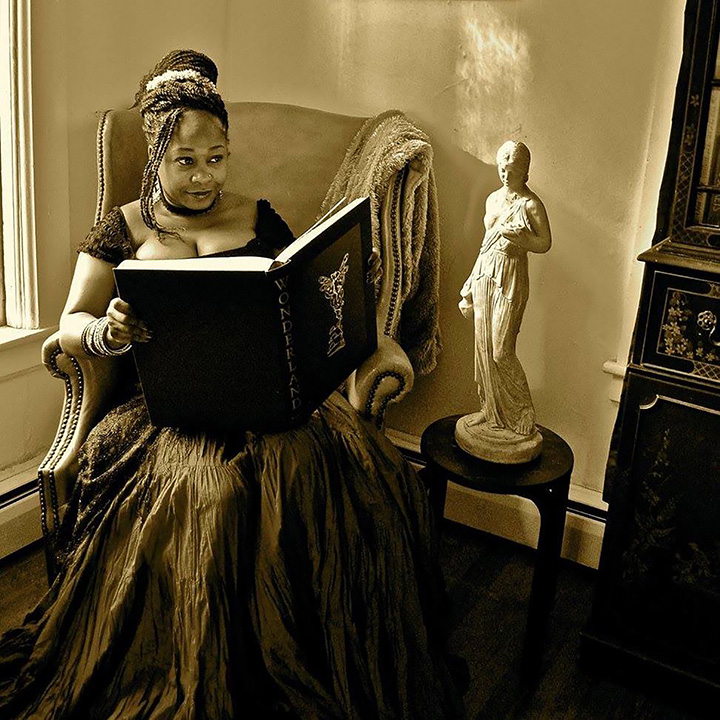 This has definitely been a time of honing in on the craft. Thinking more deeply about what makes something “tick” as a piece of work. Asking the critical questions and thinking critically from the very focused level of a word or line choice to thinking about the bigger picture of how a work is put together. All of these pieces of advice are helping me to think about how I may approach my teaching in the future as well as adding to some key questions for myself as an artist. I feel like this time at VCFA is helping me to expand my vocabulary around the craft of writing and thinking about the very detailed and technical ways in which the writing is approached.
This has definitely been a time of honing in on the craft. Thinking more deeply about what makes something “tick” as a piece of work. Asking the critical questions and thinking critically from the very focused level of a word or line choice to thinking about the bigger picture of how a work is put together. All of these pieces of advice are helping me to think about how I may approach my teaching in the future as well as adding to some key questions for myself as an artist. I feel like this time at VCFA is helping me to expand my vocabulary around the craft of writing and thinking about the very detailed and technical ways in which the writing is approached.
One theme that seems to be arising at VCFA as well as in my life is that I think much bigger than time will allow for sometimes. I love having that challenge. I talk about this in the next question, but for me, it is not so much the projects I chose as a focus regarding creative non-fiction and poetry, but the audacious approach. For my memoir, I am seeking to bend the genre a bit by inviting magical realism into the telling of my life while employing the idea of the Greek chorus in the form of ancestral voices. For one of my poetry projects, I knew that I wanted to do a version of Metamorphosis that connected to the Black mind, body, and experience. The critical thesis I chose about Black literary epigenetics is reliably something that could be an inquiry for a PhD, it can have a life beyond the initial critical thesis. Upon entering the program, I asked myself: If I have this time to dedicate just to my writing, what can I really make of it? In other words, I told myself to go big or go home with how I wanted to approach the writing. I needed something that would knock my own socks off.
ON ADVICE FROM HER VCFA MENTORS THAT STUCK WITH HER
I have gathered some jewels from other students, advisors, and workshops faculty throughout my time at VCFA. In focusing on this question, each of my advisors have given some safe advice and insights. Xu Xi was my first advisor in the program, she encouraged me to think very carefully about how to pull the whole story together or think consciously about the connections and disconnections I wanted to have between all of the pieces in this nonlinear memoir. Sue Silverman helped me to see something in my work that I didn’t quite realize because I was having a hard time finding work that I could identify with given that I am taking an untraditional approach to the memoir. During our mid-semester call, she said, “You are writing jazz.” It was illuminating, intimidating, and exciting all at the same time. Her insight gave me so much encouragement to keep writing. Phillip Metres encouraged me to think about all my choices from word to line level offering the insights that encouraged me to stretch outside of my comfort zone with my poetry. Parneshia Jones has also been a wonder as an adviser. A couple of her key insights were these: How do you want the reader to experience this collection? Have you compared the current poem to the original draft? Both of these questions provide a juicy and important challenge for living inside of the work as a whole and thinking about how to approach creating a compilation while also looking at the growth or life of each individual poem within the whole.
ON HER RECENT PROJECTS AND WORK
I set out for a lofty goal of wanting to graduate [VCFA] with at least two manuscripts, it turns out that there will be three. I wanted to have most of my memoir completed if not complete and that is underway. I now have it at a point where I know what the missing chapters are and there is a firm table of contents as a guide.
In terms of poetry, I’ve completed a full length book of poems that is being published, Ghettoclaustrophobia: Dreamin of Mama While Trying to Speak Woman in Woke Tongues that has won a Diode Editions prize. For my second poetry semester of poetry, I decided to work on the work that I needed to return to trying to complete, Black Metamorphosis using Metamorphosis as a shadow text.
Alongside these written projects, my photography projects are underway. I am planning an exhibition for one of my works with the working title Dark Goddess for a late 2021 exhibition.
You can view Shanta’s work at shantaleegander.com.
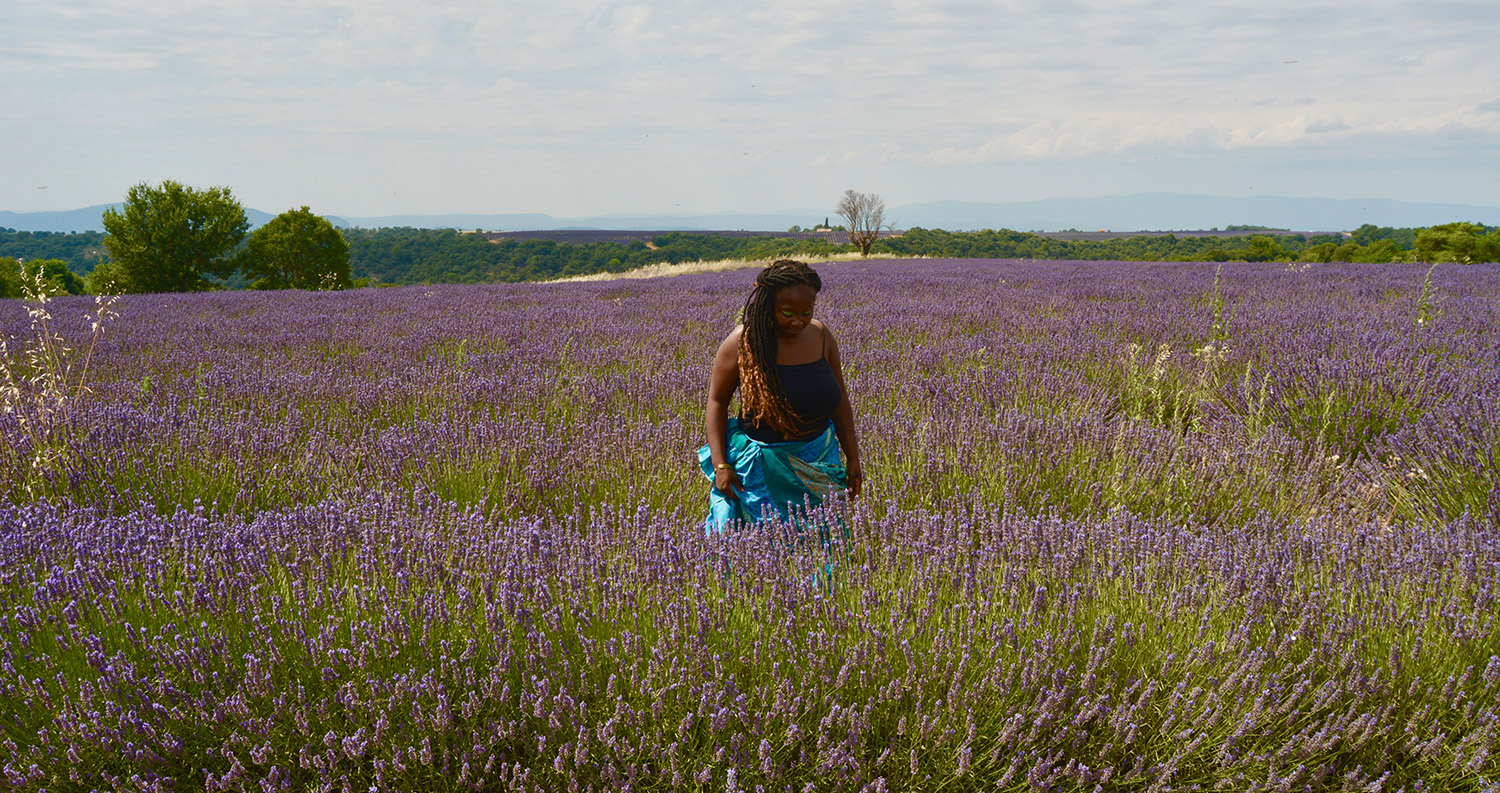
Interested in an MFA in Writing? Visit our program page for more information on our VCFA graduate degrees.
